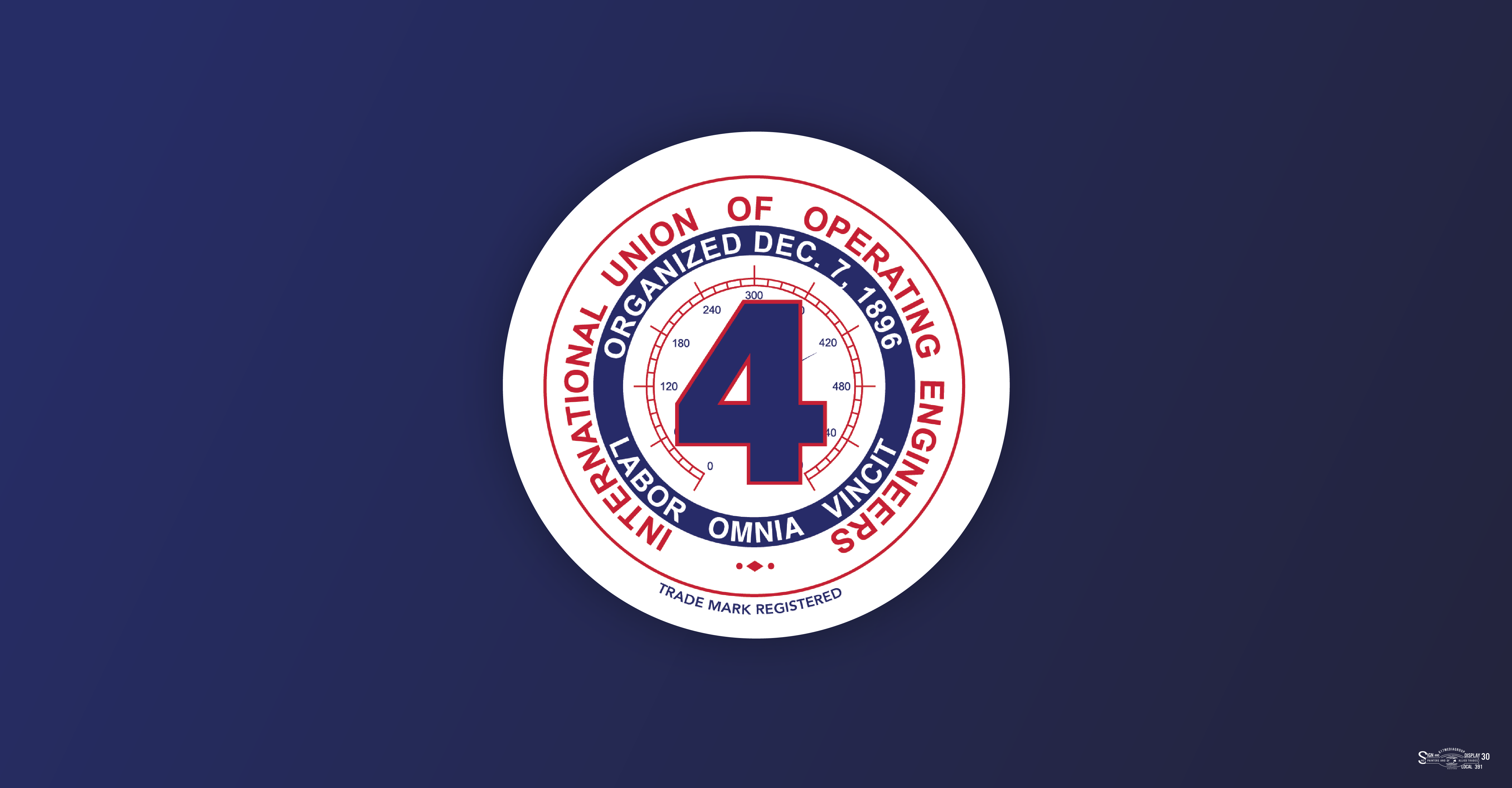Dry January is dedicated to staying abstinent from alcohol for the entire month. Why consider Dry January? If you are looking to improve your health, cut back on alcohol after the holiday season, or assess your relationship with alcohol, this may be for you.
According to the World Health Organization, there is no risk-free level of alcohol consumption. The health benefits from not drinking include getting better sleep, clearer skin, consuming fewer calories, saving money, and having more energy.
Participating in Dry January requires some preparation. Let friends and family know that you are abstaining from alcohol so that they can have non-alcoholic beverages available for you. Plan some alcohol-free activities. Remove alcohol from the house if it is a temptation. Avoid hanging out in bars and other places where there is a lot of alcohol consumption. Think about pairing up with a friend or relative to support each other.
If you drink daily or have many drinks over a weekend, if you suspect that you have a drinking problem or if you have cravings for alcohol, speak with a physician before starting Dry January. Alcohol withdrawal can be fatal. If you find yourself experiencing nausea, vomiting, headaches, agitation, palpitations, sweating, shakiness, anxiety, hallucinations, tremors, or dizziness, call your physician.
Thinking about alcohol a lot? Unsure how to cope without alcohol? If you find that Dry January is hard for you, consider using one of the resources above, such as Lyra or a Blue Cross Blue Shield in-network provider to discuss your relationship with alcohol. Alcoholics Anonymous is a free peer led group, and their resources can be found at Have a problem with alcohol? There is a solution. | Alcoholics Anonymous.
Don’t want to do a completely Dry January? Think about cutting back on your alcohol consumption and see what the benefits may be.

